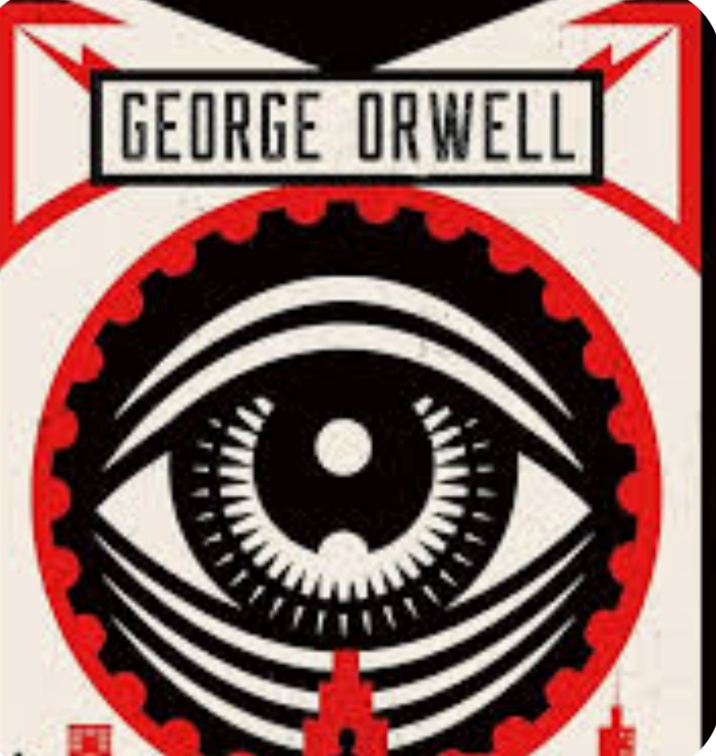What is Orwell’s main message in 1984?
He was against authoritarianism of any regime. One must embrace humanism and fight despotism despoticism /authoritarianism/tyranny/dictatorship/totalitarianism of any regime or any person.
Dr Santosh Kumar Mohapatra
If any historical figure who manages to be both unbelievably well-known and universally misconstrued, three people come to mind? Karl Marx and Friedrich Nietzsche are obvious choices. But any list like this has to include George Orwell, the English essayist and the author of two of the most famous political novels of the 20th century: 1984 and Animal Farm.
It means if you tell right things, you may be misunderstood whose vested interests get affected.
What is Orwell’s main message in 1984? Orwell’s hope when he published “1984” was that he could communicate his concerns related to authoritarian governments. He wanted people to be aware of the potential problems that could arise if they did not pay attention to their government’s attempts to control them.
In brief, Orwell’s Nineteen Eighty-four, novel by English author George Orwell published in 1949 as a warning against totalitarianism. The novel’s chilling dystopia made a deep impression on readers, and Orwell’s ideas entered mainstream culture in a way achieved by very few books. Dystopia an imaginary place where people are unhappy and usually afraid because they are not treated fairly.
In some ways, 1984 is very much a novel of its time. In 1949, Britain was recovering from World War II and this can be felt in the book’s grey and broken landscapes of a London reeling from perpetual war. The political ideologies tackled by Orwell in the book are clearly rooted in the fascism of Nazi Germany and the ideologies of communism as manifested by the Soviet Union and, especially, the Spanish Civil War.
Professor Jean Seaton suggests that the novel offers a warning, cautions about social media. In 1984 it is the television screens that watch you and everyone scouts on everyone else. Jean Seaton is Professor of Media History and the Official Historian of the BBC.
Today, it is social media that collects every gesture, purchase, comment we make online and feeds an omnipresent presence in our lives that can predict our every preference… the harvesting of those preferences for political campaigns is now distorting democracy.” Further, she argues, “in his description of the Two Minutes Hate, she also forecasted the way in which online mobs work.”
However, to posit 1984 as a forewarning of aspects of modern life we perceive to be damaging is to undercut its power. Perhaps there are many aspects of today’s society that achieve the ends set out in the book – but the “how” is less important than the “what”.
In the wake of reviewers from America’s conservative right concluding that the book was a criticism of the left generally, Orwell himself was at pains to point out that the book is intended as a satire of all the authoritarian tendencies of the West.
If the “what” is the disinformation, the manipulation of the past, the othering of others as an object of hate and the use of that hate to shore up power around a central authoritarian rule, perhaps even more important than the “what” is the “why”. It is a puzzle never really resolved by the book’s narrator.
Authoritarian leaders are flourishing in the world. They are doing so by using hate speech and “alternative facts” to pollute our politics and hide the truth from us. But the question remains as to why. From what are they distracting us?
The single biggest crisis facing humanity is the annihilation of our planet and its delicate ecosystems. For as long as conflict and hatred and disunity reign, we cannot exercise the necessary global response to the crisis. But there remains a window for action – if we act with urgency.
Today, India is experiencing despotism, oligarchy autocratic and dictatorial rules. It is necessary to fight. . One must embrace humanism and fight despotism despoticism /authoritarianism/tyranny/dictatorship/totalitarianism of any regime or any person.


